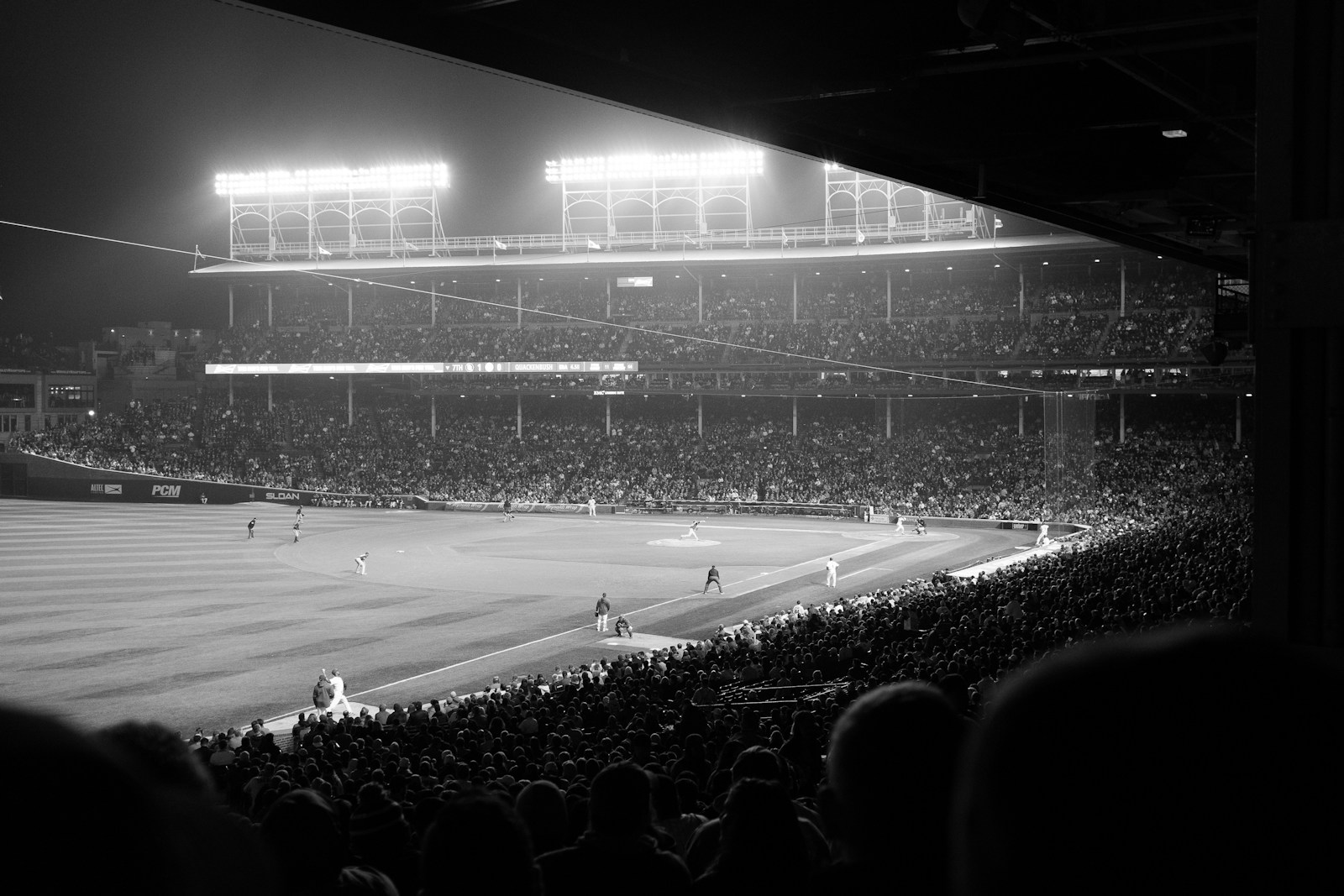Lou Gehrig’s Impactful Goodbye
Fourth of July isn’t just a national holiday for Americans but also a nostalgic reminder of the memorable farewell speech from Yankees baseball icon, Lou Gehrig. This year marks the 85th anniversary of that poignant moment when Gehrig, amid his fight with ALS (Lou Gehrig’s disease), expressed gratitude and grace in what he called, “the luckiest man on the face of the earth.”
The widely-remembered speech has become iconic, nationwide. While many credit the 1942 movie “Pride of the Yankees” — Gary Cooper’s gripping rendition of the speech, Gehrig’s words carry a palpable resonance even today.
More than Just a Baseball Legend
The real magic of Gehrig’s speech lies not just in its delivery or in Gehrig’s illustrious career as the Yankees’ first baseman. It was the passion and humility that Gehrig exhibited, advocating the virtues of kindness in both public and private life. His actions beyond baseball demonstrated this, particularly when he decided to dedicate himself to public service under New York City Mayor LaGuardia as a parole commissioner.
Unlike many, Gehrig saw his condition, ALS, as a “tough break,” not as an obstacle to his happiness or gratitude for the good life he had lived. His “good life” wasn’t about the home runs or his impressive lifetime batting average of .340. Instead, he valued the kindness and encouragement of his fans, the lifelong hard work of his parents, and the unyielding support from his wife.
Role Model On and Off the Field
Gehrig’s views may seem surprising, considering the often ego-driven nature of professional sports. Nonetheless, his heartfelt speech resonated deeply with fans, reflecting the social and political climate during the Great Depression of the 30s — a time when New York desperately needed symbols of hope.
Gehrig’s efforts after his retirement from baseball underlie his commitment to helping others. As a parole commissioner, he gave hope to those seeking second chances. Despite earning significantly lesser than his Yankees’ salary, he dedicated his time to this work as long as his health allowed him.
Courage Despite Challenges
With the progression of his disease, Gehrig’s mobility dwindled. Yet he remained steadfast, his wife Eleanor at his side, driving him around the city, from their home in Riverdale to his office in Manhattan, and then to local jails.
Sadly, Gehrig’s battle with ALS lasted only two years compared to others like physicist Stephen Hawking who survived over five decades with the disease. Despite the personal suffering, Gehrig expressed hope in his letter to Mayor LaGuardia about recovering and returning to work.
Celebrating Gehrig’s Legacy
Lou Gehrig passed away in 1941, but his life continues to inspire millions. At his family’s behest, there was no eulogy at his funeral, as his farewell speech was seen as the best testimony to his life. This Fourth of July, as we remember Gehrig’s legacy, it is a gentle reminder of the values he lived by — kindness, compassion, resilience, and more. They hold true today, for everyone, whether you’re a sports fan or not.
